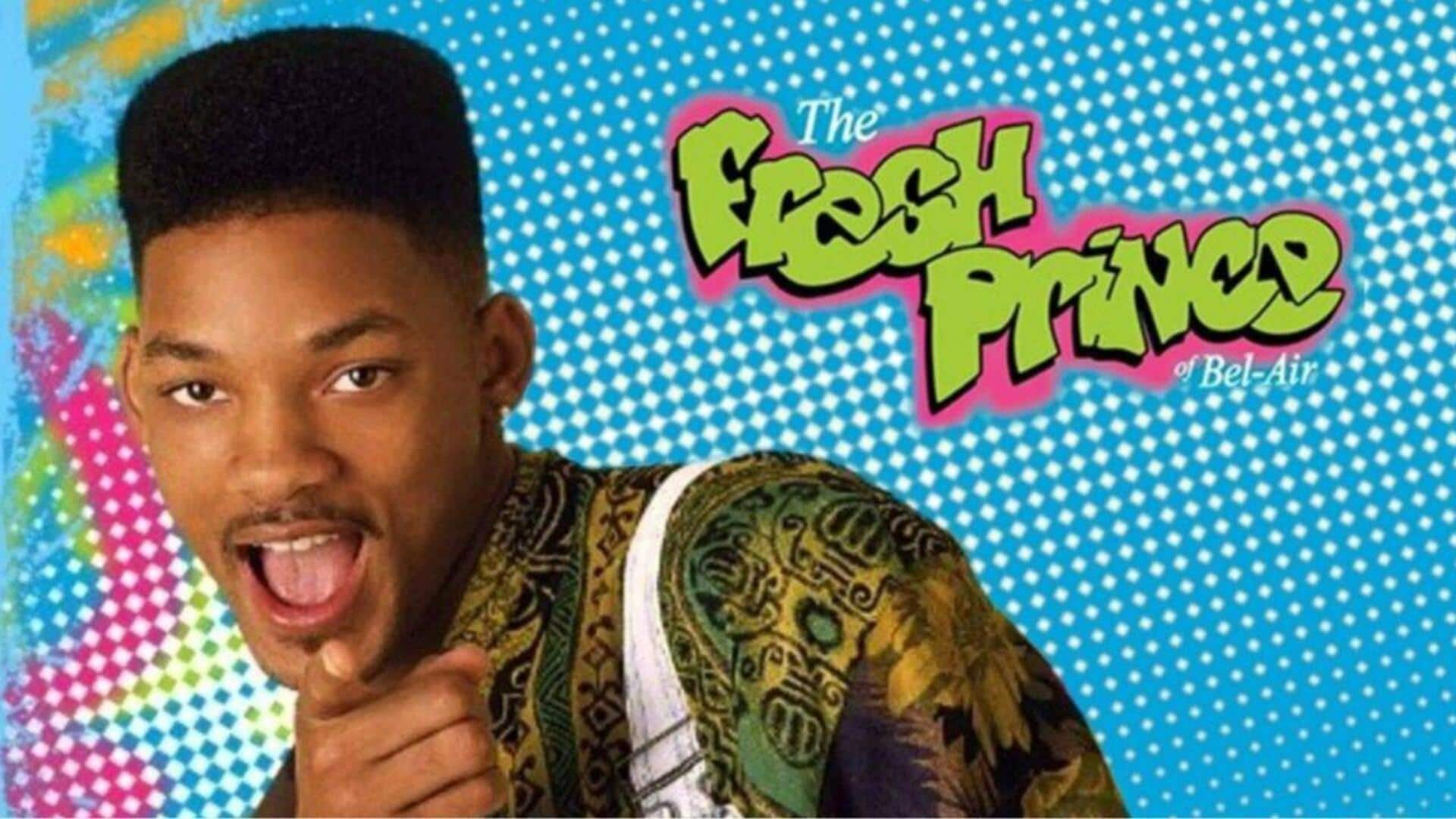
When 'The Fresh Prince' got real about urban America
What's the story
The Fresh Prince of Bel-Air was more than a sitcom. It was a cultural phenomenon that defined American urban life in the 1990s. Through humor and relatable storylines, it highlighted various aspects of urban culture, family dynamics, and social issues. The show's impact on viewers went beyond entertainment, offering insights into the challenges and triumphs of many living in urban environments.
Family ties
'The Fresh Prince' and family dynamics
One of the show's biggest contributions was its depiction of family within an urban setting. It presented a mix of traditional values and modern challenges, and highlighted the importance of family support. The Banks's family gave a platform to explore themes like discipline, respect, and love, while dealing with the complexities of life. This representation struck a chord with many who saw their families onscreen.
Social commentary
Addressing social issues head-on
The Fresh Prince didn't shy away from addressing pressing social issues impacting urban communities. Episodes tackled topics like racial profiling, economic disparity, and educational inequality. By weaving these themes into its narrative, the show sparked conversations among audiences about real-world problems that were often overlooked in mainstream media back then.
Style statements
Fashion as cultural expression
Fashion was a key part of defining urban identity on The Fresh Prince. Will Smith's character became synonymous with vivid clothing that reflected the street-style trends of cities across America. This focus on fashion was an expression of individuality and cultural pride for many young viewers who related to this aspect of urban life.
Laughter connects
Humor bridging cultural gaps
Humor was at the heart of The Fresh Prince, both as a source of entertainment and as a means to connect various communities in America's melting pot. The show employed comedy to tackle misconceptions about people from different walks of life, while also fostering empathy through laughter—a universal language that everyone, irrespective of their background or experiences, can relate to.